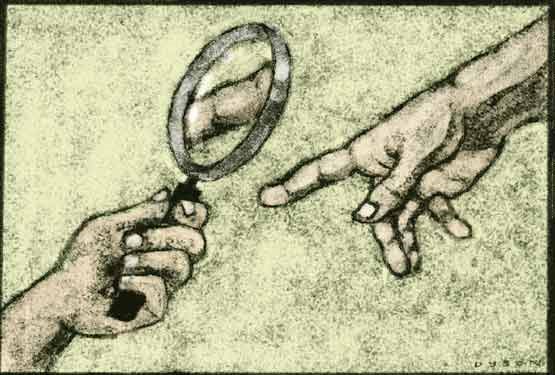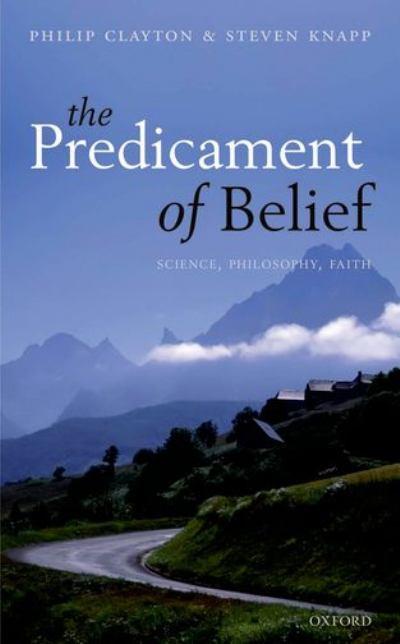This quarters
NCM Magazine is dedicated to
immigration, taking its ques from that oft (and rightly so) quoted passage, "I was a stranger and you welcomed me." Among many challenging articles was one by Rev. Gabriel Salguero. He and his wife are co-pastors of
Lamb's Manhattan Church of the Nazarene. Here are several highlights:
- "Too many pastors and laity alike go to their favorite politician or media pundit instead of scripture to form opinions on justice in immigration."
- "We have to ask then, how do we balance respect for the government's rule of law with welcoming the stranger? In other words, how do we live out Romans 13:1 - 'Let every person be subject to the governing authorities' - with Matthew 25:35 - 'I was a stranger and you welcomed me'? As a congregation, we are learning to let both of these Scripture passages disciple us."
- "At our church, we have undocumented immigrants among us. We believe membership in the body of Christ is not a matter of where you are born, what language you speak, or what your citizenship is. It is about faith in Christ."
- "Why do we do this? It is because these men, women, and children are our brothers and sisters. In fact, many of them have U.S.-born children. Those children are our children, and we are working to keep families together. It is one of the reasons we want humane and comprehensive immigration reform."
Attached to the article are four myths about U.S. immigration that I also think are worth highlighting as well:
- Myth #1: Immigrants don't pay taxes.
Reality: Most immigrants - including many who are undocumented - pay income, property, sales, and payroll taxes.
- Myth #2: Immigrants come to the United States to take welfare.
Reality: Most often, immigrants come to the United States to work, reunite with family members, or escape violence. the amount of taxes immigrants pay overall actually far outweights their use of public benefits.
- Myth #3: Immigrants send all their money back to their home countries.
Reality: Though some immigrants send remittances to family members in their home countries, the amount immigrants overall contribute to local economies through consumer spending and paying business and personal taxes dramatically exceeds the amount sent elsewhere.
- Myth #4: Most immigrants cross the border illegally.
Reality: About two-thirds of immigrants are in the U.S legally with visas or as naturalized citizens. Of the third who are undocumented, 40 percent originally came legally but overstayed their temporary visas.
The magazine also offers a link to a website where people can go to learn how to advocate for immigrants in their community -
ncm.org/immigration. Actually, it's must more than that. It's not just for those who are in favor of advocacy. It's a great resource for opening up a broader conversation with those who might not agree with some of things that I have highlighted above.
As an Associate Pastor on staff at a church in a neighborhood where immigration is a central issue, this magazine has been extremely insightful, provoking me to prayer and action.
Thanks, NCM!
 The basis for his thinking is centered on the question of violence, particularly the kind of violent world we live in now (The DK era) versus then (The LotR era). He is banking his argument on that fact that the world changed in such a way in 2001 that the LotR no longer speaks to the kind of violent world we live in, but the DK does. The former, he suggest, speaks to a post WWII world while the latter speaks to a terrorist/vigilante kind of world.
The basis for his thinking is centered on the question of violence, particularly the kind of violent world we live in now (The DK era) versus then (The LotR era). He is banking his argument on that fact that the world changed in such a way in 2001 that the LotR no longer speaks to the kind of violent world we live in, but the DK does. The former, he suggest, speaks to a post WWII world while the latter speaks to a terrorist/vigilante kind of world.







